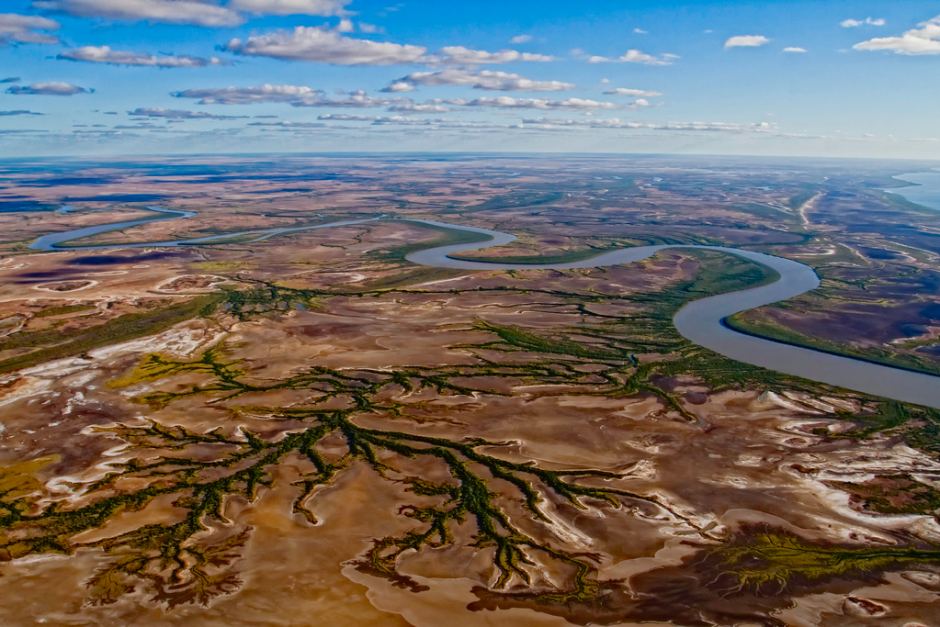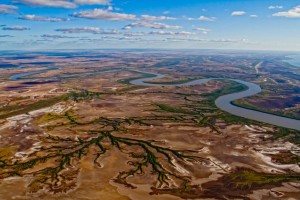Water, water everywhere?


We often don’t plan for water in the broader sense when we think of developing communities and towns. The water pipes are underground, sure, and they flow to the water and sewer treatment plant, and we have water whenever we command the faucet to release it. But when you think about it, the water cycle is lost on the ground. The holistic concept of it being a cycle is washed away. Water is seen more as a nuisance, a problem, something to be taken care of rather than a resource. This is the real problem. While water is a need, and a serious one globally for clean water, water is treated more as an expectation, a guarantee of service.
In order to create more sustainable and resilient developments, we need better management and regulation of water resources. Better governance. Water efficiency, water quality, conservation, drought prevention, supply and demand issues, these are topics that local, state and national governments must tackle, and soon. Water is critical to economic development in terms of manufacturing and technology.
Population distribution is skewed as cities and towns dot the coastlines. Over half of the world’s population lives within 200 kilometres (120 miles) of the coast. As we’ve seen increasingly over the past few years, extreme weather events such as cyclones, hurricanes and the resulting floods can cause great devastation to civilisation.
There are design elements that can enhance a community’s relationship with water. Creating driveways and sidewalks out of permeable surfaces rather than bitumen; installing green roofs; rain barrels and gardens to collect water are just a few solutions. Harvesting runoff from buildings (rain barrels) can be used to flush toilets or recycled water for watering lawns and washing. Integrating water into town planning can minimize damage to infrastructure during extreme weather events.
Better water management, which means integrating the water cycle with the urban environment, will produce more sustainable communities in the future. Can you imagine the alternative if we didn’t? A world without water would not last long. The human body can last about 3 days without water. Water and sanitation is a human right, with 3.4 million fighting for their survival each year for clean water. With the global economy’s current fixation on innovation, if we don’t recognize the basic resources needed to allow creativity to flourish, it will all be for nought.
Please check your local conservation office for water resources and other conservation practices you can adopt. These websites will also give you more information and ways to make a difference.
http://www.environment.gov.au/water/index.html
Burnes K (2013-08-20 06:33:34). Water, water everywhere?. Australian Science. Retrieved: Feb 15, 2026, from http://ozscience.com/news/water-water-everywhere/
 Follow
Follow